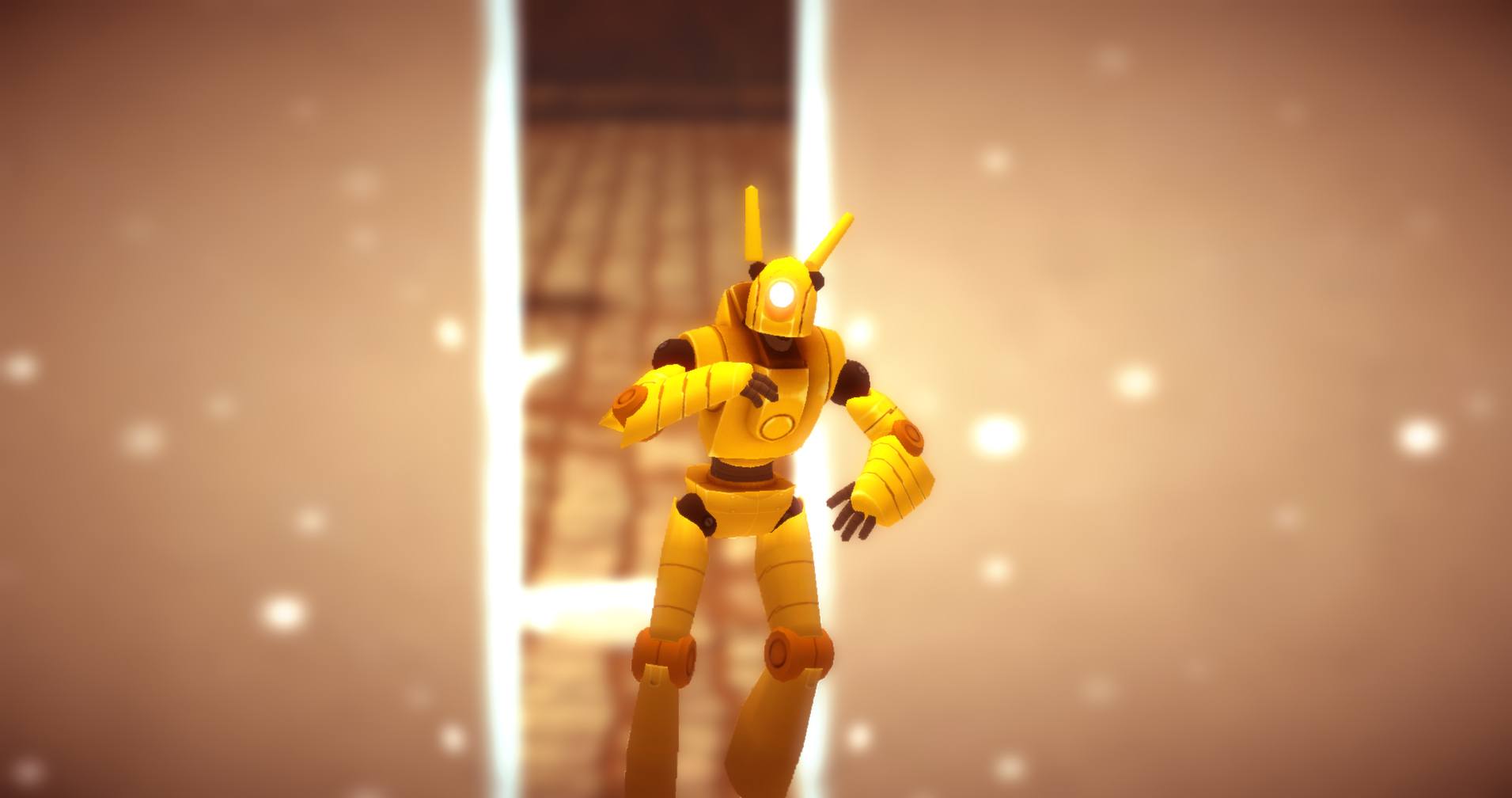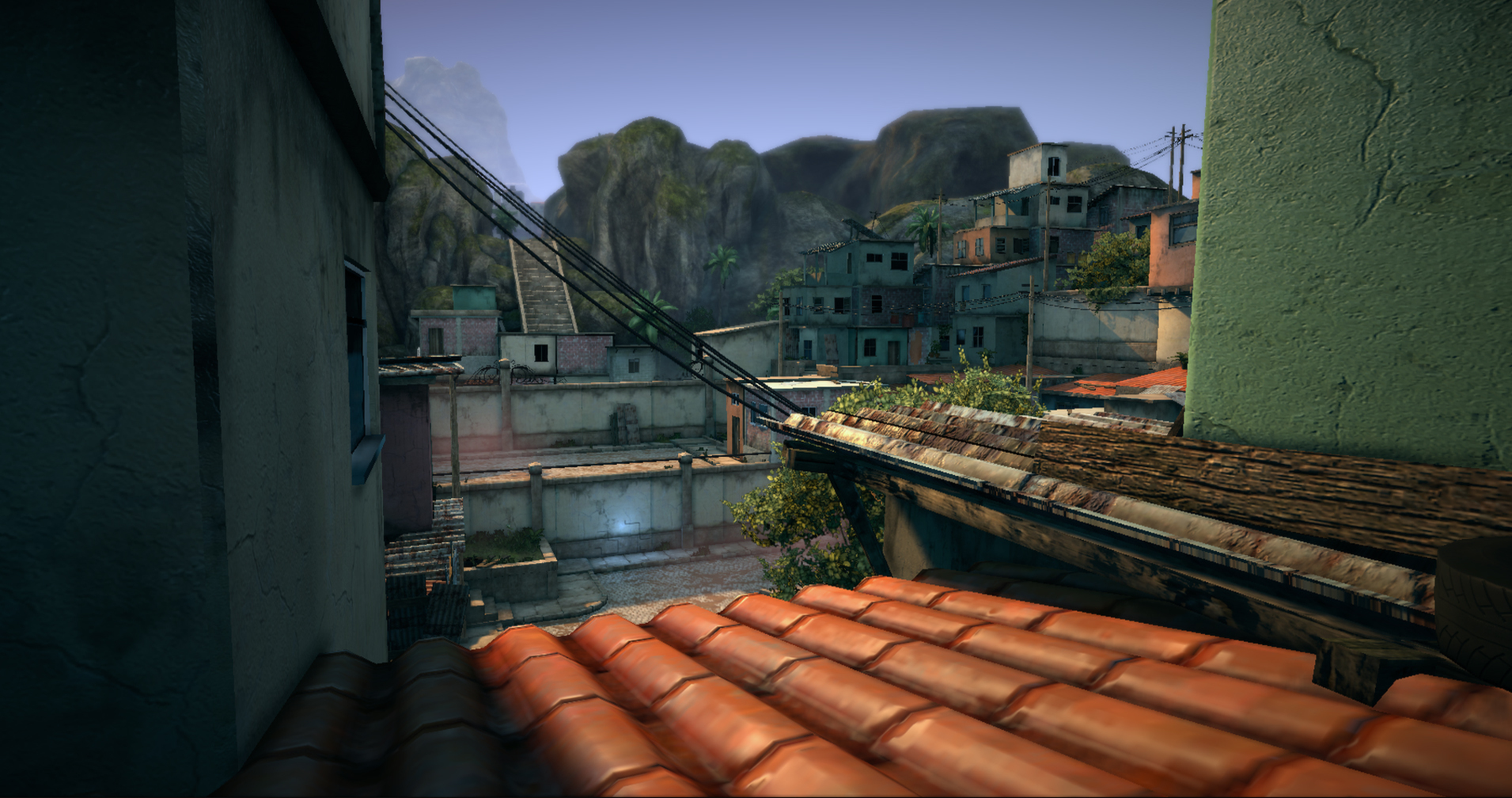

Monster is a lumbering, usually sleepy or hungry creature. However, often it is also imperative that the player bring Monster along on the journey. In each area, the player is given an exit to reach and the buildings and walls needed to reach it, with a little manipulation. When Quico acquires his robot friend Lula, he can send the robot across expanses to push otherwise unreachable chalk symbols and change the environment. The game introduces new mechanics until the very end, but interactions include moving boxes that correspond to large houses in a grid, pulling ropes on walls to peel out their layer like a fruit, and directing the centipede plank Monster is asleep on along a chalk path. By pulling levers, turning keys, and reconnecting gears, Quico can alter a staid, often realistic-looking environment into a abstract, fantastical area, replete with leaning stacks of houses and wooden planks that grow legs to become friendly insects. Quico interacts with chalk drawings and symbols on the walls of his imagined world of Brazilian favelas. This is a puzzle platformer game in which a large part is learning to harness Monsters emotions, including his addiction to frogs. Papa & Yo is mostly based in an imaginary world created by Quico to understand his reality, however parts of real world make their way into the game as the story progresses.

It is a direct allegory for Vander Cabellero's childhood and his father's alcoholism. Papo & Yo (pronounced "Papo y Yo") was developed by Canadian studio Minority, with Vander Caballero as creative director.


 0 kommentar(er)
0 kommentar(er)
